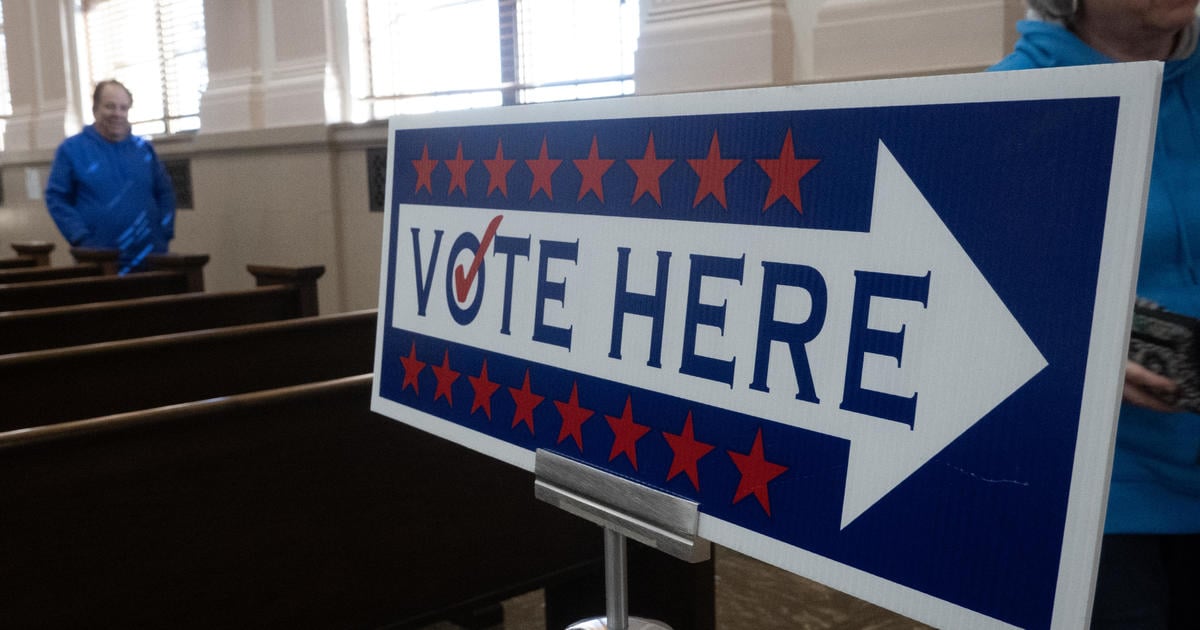Article III Section 1 of the Wisconsin Constitution currently reads, “Every United States citizen age 18 or older who is a resident of an election district in this state is a qualified elector of that district.”
After Tuesday’s vote, the article will now read, “Only a United States citizen age 18 or older who is a resident of an election district in this state is a qualified elector of that district.”
Doesn’t this change the meaning of the statement so much that it’s no longer true that every citizen of age who is a resident is eligible to vote? Can this new language be interpreted by courts and lawmakers such that anyone can be disenfranchised if such malicious laws can be passed in the state?



Unfortunately SCOTUS gutted the power of the federal government to enforce those guarantees based on the old provisions + republicans filibustered the democrat bill that was meant to address that. It’s as if the republicans have a plan.
https://www.democracydocket.com/analysis/what-does-the-constitution-say-about-the-right-to-vote/
“The ability of the federal government to protect voting rights, particularly for racial and ethnic minorities, has been jeopardized both by recent Supreme Court rulings and the failure of Congress to enact new voting rights legislation.”
“With the federal government and the Supreme Court unlikely to protect voting rights in a substantial way in the near future, it’s up to the states to take action to protect voting.”
And now there’s a state changing the law so that they can more easily disenfranchise voters of their chosing. Imo this is no coincidence.
Hm, worrying. I wonder what the gap might be, like what could make an adult citizen not a ‘qualified elector’
They don’t have to prove that someone is not a qualified elector to disenfranchise them, throwing up barriers to make it very hard / impossible to vote is enough. In the past the federal government could intervene if something like that happened, but that’s not really possible anymore thanks to the current scotus, so it’s up to the states.
And this state is now laying the legal groundwork: If “every” persons with xxx qualifications has the right the vote by law and new measures get implemented that make it practically impossible to vote for certain people that fit those qualifications, then those people had a right withheld from them.
If “only” persons with xxx qualifications have the right to vote by law and new measures get implemented that make it impossible to vote for certain people that fit those qualifications, then … nothing. That’s the difference between “every” and “only”. Changing the wording to “only” allows the state to legally pile on extra requirements and barriers.
Examples of groups of people that I’ve seen disenfranchised by state actions: Prisoners, felons who have done their time, college students, minorities, inner city people, military abroad. Some of these news articles will have been attempts that were not (yet) successful.
I haven’t read the full wiki article, but I expect those examples to be in here: https://en.m.wikipedia.org/wiki/Voter_suppression_in_the_United_States